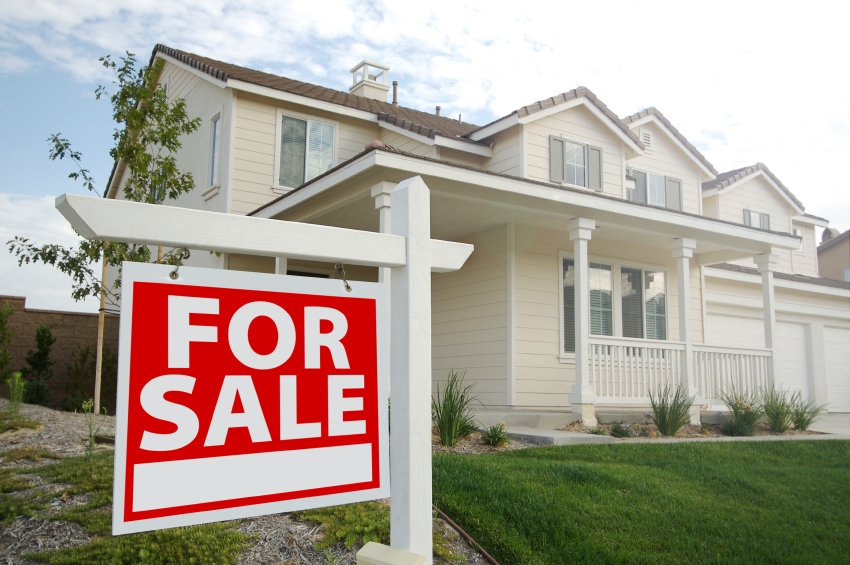Know what you can afford – get a mortgage pre-approval.
When it pertains to securing a mortgage, people would like to be aware of the amount of money they are able to borrow. The following are a few quick formulas to assist you to determine exactly what you are able to afford.
Loan to Value (LTV)
Lenders will only allow you to borrow a certain amount of the property value. This borrowing amount is known as the Loan to Value or LTV. LTV (%) = (the amount of mortgage loan) / (the value of the property).
You may borrow as much as 80 % of your property value (80 % LTV) without fretting about low mortgage rate default insurance fees, or as much as 95 % with default insurance fees. Whether you are obligated to pay CMHC or not, your mortgage rate loan insurance depends on your LTV.
Total Debt Service (TDS) Number
Your TDS number is the percentage of your gross annual income that is required to cover payments associated with your new home, plus costs linked with your other debts.
TDS = (Home expenses + Car Loans + Credit Card Debts + Other Loans) / Gross Income.
Your total debt service number (TDS) should not exceed 40 %. This provides you with a cushion in the event of a financial emergency.
Gross Debt Service (GDS) Number
Your GDS number is the percentage of gross annual income necessitated to cover payments connected with housing, including best mortgage rate payments, interest, property taxes, and heating.
GDS =(Annual Mortgage Payments + Property Taxes + Interest + Condo Fees + Heating) / Gross Annual Income.
Your gross debt service number (GDS) should not surpass 32 %.
Are calculations not your forte? Contact a mortgage broker today for personalized help.




